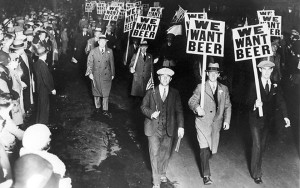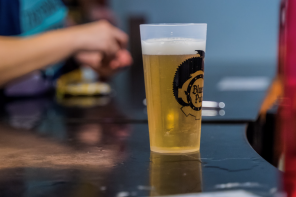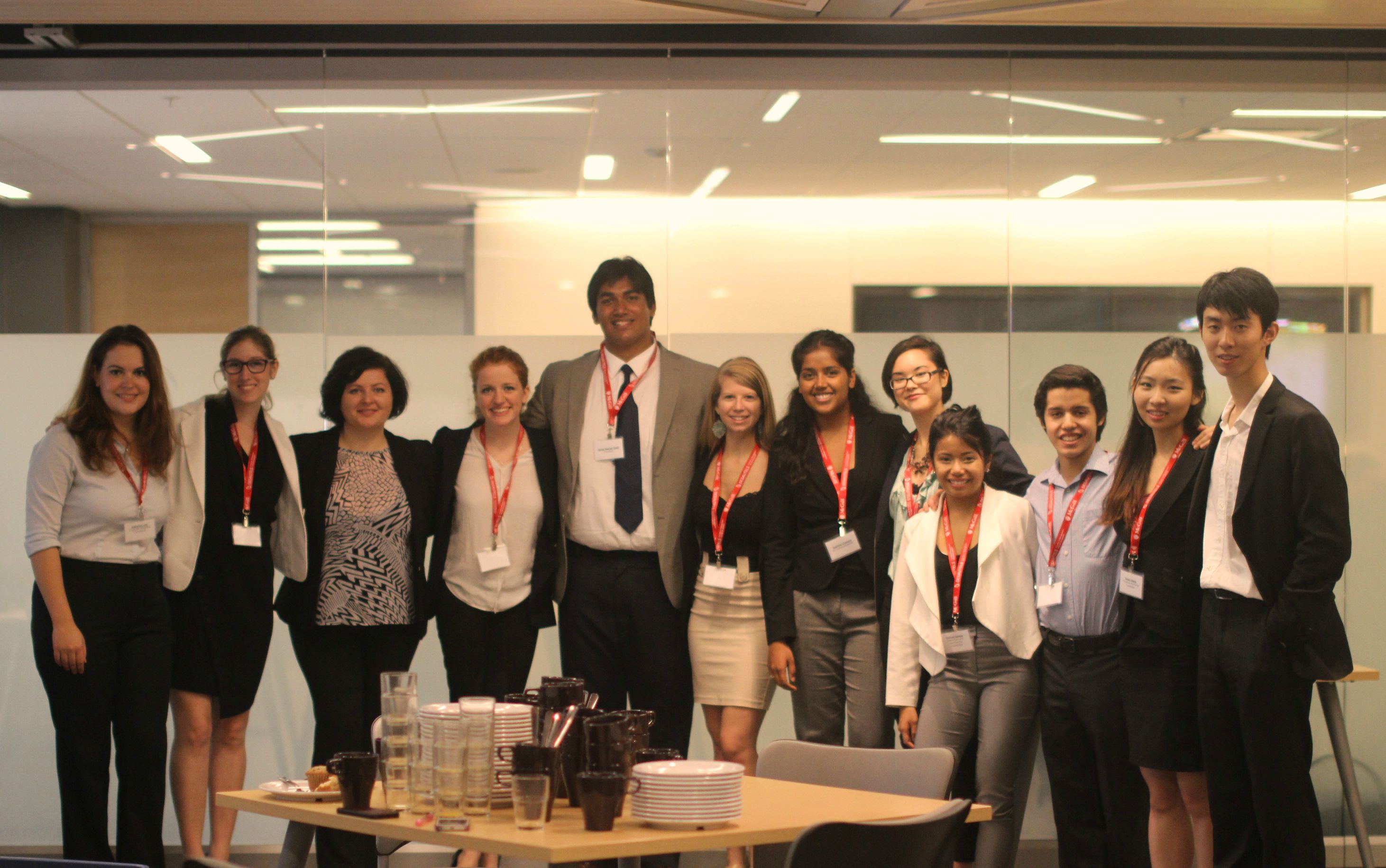The Devastating Economic, Political and Social Consequences of an Alcohol Shortage
The end of the world is near. Forget a financial crisis or a run on the bank. Anticipate a run on the SAQ. Better yet, let’s hit up Bordeaux and stock up on wine. For an impending crisis is looming ahead.
A report conducted by Morgan Stanley has revealed that we are on the brink of a global shortage of wine. With demand exceeding supply, it doesn’t take an economist to realize that our favourite drink is slowly disappearing.
This calamity is undoubtedly the most severe predicament human civilization has ever faced. Financial and environmental issues are no longer our greatest concern. Think about it: in a financial crisis, as seen most recently in 2008, the government bails out the companies that cause the mess. Moreover, despite our decreasing reserves of oil, we can turn to renewable energy alternatives. These are trivial issues of the past; we need to leave them behind and face the facts. Today’s most pressing issue of humanity is the depletion of our wine supply.
And how much longer before we face a shortage of alcohol altogether? Let us imagine, for a moment, that this foreboding day has arrived. Picture our lives without the presence of liquor: We will be obligated to adopt an entirely new worldview, known as sobriety.
Fear not; this is a foreign concept to many, especially us McGill students who depend on alcohol like no other. Every human emotion that we experience in college brings us back to our dear friend. Good day? Celebrate with alcohol. Bad day? Drown your sorrows in alcohol. Just a regular day? Make it interesting with alcohol.
Alcohol plays a transformative role in establishing our personal identities. It is that one constant in our lives that holds the utmost confidence in us. It is also our ego-boosting friend – it gives us pride and courage that our fellow humans could never do. Whether we want to dance on a table or share a (not so) funny joke with a crowd, alcohol supports us in all of our endeavours. For that, we will be forever grateful.
Meeting new people is often made easier due to our relationship with alcohol. However, the break-up between students and alcohol will carry a heavy price for our romantic lives. Alcohol is the fuel of the modern-day relationship. The entire hook-up culture of Generation Y depends on booze. The liquid courage gives us the nerve to approach good-looking strangers, the guts to fraternize with them, and even the boldness to ask for their numbers.
Not only will the lack of alcohol affect our relationships and personal development, it will also change our community development. McGill frosh will not have the same reputation. In fact, without alcohol, the age-old tradition of frosh events may not carry on. How can any of our beloved cheers be chanted without the existence of their subject matter? Moreover, recruitment for frosh leaders will be a major challenge, as the temptation of inexpensive or free beer will no longer exist. Say goodbye to the Beer tent, for the only kind of tent that we’ll be hearing about from now on will be a camping tent.
The new first years, with their wide-eyed innocence, will be obliged to meet one another and socialize without the influence of alcohol. The frosh night events will likely be cancelled. Clubbing? Forget it. Who could possibly enjoy the beats without liquor coursing through our veins?
This crisis extends well beyond our first years. Will we be able to convince our fellow students to attend club events or donate to charitable causes without alcohol as the incentive for attendance or donations?
Social events will be reduced to playing cards without the requirement of chugging a drink every so often. A sobering event, in every sense of the word. We will soon be forced to watch Presidential debates without downing our drinks each time a candidate references a 47% remark, for instance. And imagine flipping a cup and drinking (dare I say) water. As the old German saying goes, “in wine there is wisdom. In beer, there is freedom. In water, there is bacteria.”
Yet, perhaps not all is lost with the absence of alcohol. This depletion could even have positive global repercussions far beyond our wildest thoughts. Consider how many babies are created due to alcohol. This may very well be the most effective population control method we’ve seen.
The effects of an alcohol shortage will also be prevalent in the healthcare sector. Emergency rooms at hospitals will no longer see the throng of youth that arrive with alcohol poisoning. And operating rooms might experience a sudden dearth in the number of liver transplants they perform.
Restaurant owners will not miss us students chattering boisterously amongst one another as we order one of everything on the menu, please. Nor will cab drivers miss our floundering stumbles into their cars and incoherent mumbles as we speed towards home. What these businesses might miss, however, is the income and extra large tips.
The impact on our global economy could very well be devastating. With the loss of late-night take-out orders resulting in a decrease in cash flow, restaurants may go out of business. Cab drivers will circle aimlessly around the city, desperately searching for customers in need of a drive in the wee hours of the morning. Alcohol establishments – namely bars, speakeasies and the likes – will find themselves without a purpose.
The political realm will even feel the effects of this catastrophe. No longer will politicians be permitted to excuse their dappling in recreational drugs with the justification of a ‘drunken stupor.’ This could pose an ominous threat indeed.
With these catastrophic economic, political and social repercussions, the depletion of alcohol is likely to be deemed the Crisis of the Century. What will we be left with? Nothing but our dignity, common sense and healthy livers. The fact of the matter is that the end is near. Excuse me while I stock up on wine.








